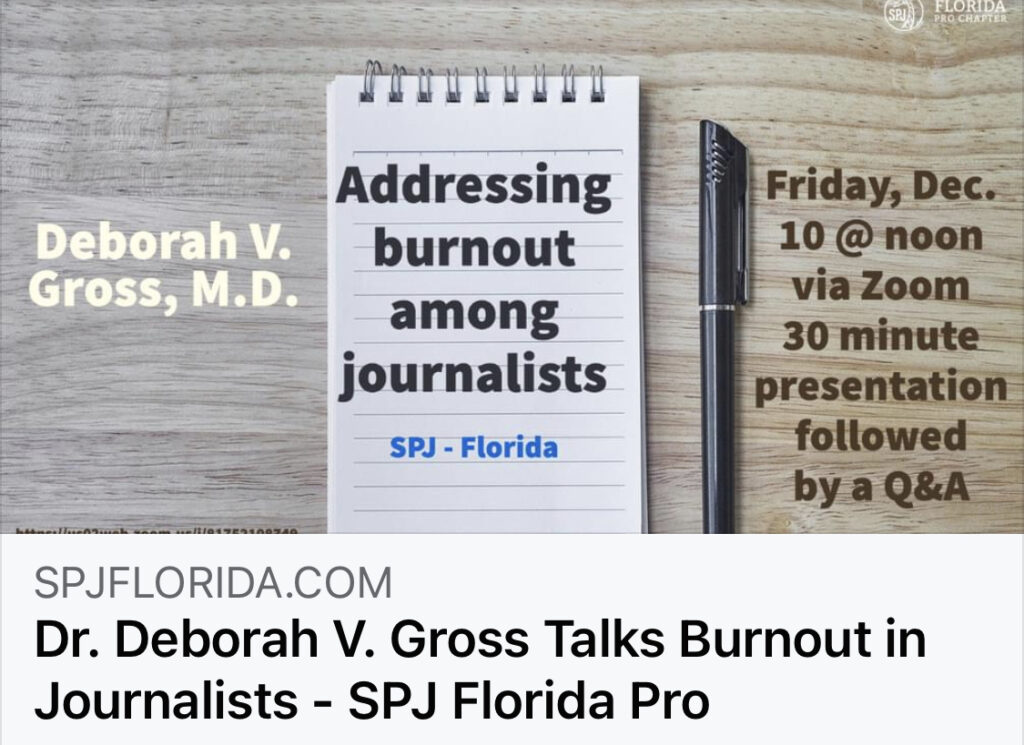
Happy Thanksgiving from Pathway Healthcare!
The holidays are often filled with many highs and lows. And for those who are along the pathway of recovery, the challenges many will require emotional, mental and physical strength. We are thankful for the opportunity we have to provide access to care and help for those whose lives are affected by substance abuse. In this post our Chief Medical Officers share their encouragement and guidance for all in recovery this holiday season. We hope you will experience a wonderful holiday and feel supported as you navigate the events of this time of year.
From Dr. Brent Boyett, Pathway Healthcare, Chief Medical Officer – Medical
The holiday season can amplify feelings of loss, grief, stress, and loneliness in people working to maintain their recovery. When these feelings present, to prevent relapse triggers, it is critical for those in recovery to avoid isolation and keep a regular routine.
Also, though sometimes hard, people in recovery should avoid family and friends who frequently use drugs or alcohol. Many times, family and friends just don’t understand how fragile the recovery process can be and offering drugs or alcohol to a person in early recovery can result in life-threatening relapse. Because the emotional memories are stored in the brain’s hippocampus, even the slightest exposure of a dopamine-releasing drug can cause the motivational reward circuits to create irresistible compulsions instantly. There is no such thing as “just one drink” or “just one joint” for those in recovery.
Finally, it is important to note that even the winter weather that often accompanies the holiday season can result in relapse. Winter weather can trigger emotional stress and depression. The condition is called seasonal affective disorder (SAD) and can be associated with a reduction in the amount of daylight related to the shorter days of the season. This stress and depression can frequently lead to temptation and relapse. So, people in recovery should get some exercise and sunlight to avoid being SAD and potentially much worse.
Whether it’s isolation, a break from routine, family or friends, or even the weather, people in recovery must learn to identify their triggers and avoid them, even if it is hard. It may save their life.”
The holiday season can amplify feelings of loss, grief, stress, and loneliness in people working to maintain their recovery. When these feelings present, to prevent relapse triggers, it is critical for those in recovery to avoid isolation and keep a regular routine.
Also, though sometimes hard, people in recovery should avoid family and friends who frequently use drugs or alcohol. Many times, family and friends just don’t understand how fragile the recovery process can be and offering drugs or alcohol to a person in early recovery can result in life-threatening relapse. Because the emotional memories are stored in the brain’s hippocampus, even the slightest exposure of a dopamine-releasing drug can cause the motivational reward circuits to create irresistible compulsions instantly. There is no such thing as “just one drink” or “just one joint” for those in recovery.
Finally, it is important to note that even the winter weather that often accompanies the holiday season can result in relapse. Winter weather can trigger emotional stress and depression. The condition is called seasonal affective disorder (SAD) and can be associated with a reduction in the amount of daylight related to the shorter days of the season. This stress and depression can frequently lead to temptation and relapse. So, people in recovery should get some exercise and sunlight to avoid being SAD and potentially much worse.
Whether it’s isolation, a break from routine, family or friends, or even the weather, people in recovery must learn to identify their triggers and avoid them, even if it is hard. It may save their life.”
From Dr. Stephen Taylor, Pathway Healthcare, Chief Medical Officer – Behavioral
Listed below are some time-honored, tried-and-true principles for recovering from an addiction. To be sure, I didn’t make these up. They are the result of many decades of experiences gathered and learned by millions of people who have taken this journey called “recovery.” The wisdom listed below in 7 parts can be used as affirmations or reminders to not give up on your pathway of recovery no matter what season of life you may be experiencing.
#1: Commit to a complete and total transformation for the long haul.
Recovery means a total change in your life, for the rest of your life. Nothing less than that will work. It is a process – a marathon, not a sprint. And like a marathon, it’s a tremendous amount of work. Active work.
#2 Develop a support network of people who know how to do this “recovery thing.”
You need to be immersed in recovery. It is essential that you surround yourself with like-minded people who are going through the same recovery process as you are, and that you seek out guidance from several people who have already achieved long-term stable recovery in their own lives. All supportive family members/significant other and supportive friends are key voices to long-term success.
#3: Avoid people, places and things associated with the drug, food or behavior you are addicted to.
You are kidding yourself if you think that you’re going to recover from alcoholism while going to bars with your same group of drinking buddies, but simply refraining from having any drinks yourself. This may mean that you will have to cut some people loose. It’s that serious. Recovery from addiction is a life-and-death, do-whatever-it-takes imperative.
#4: Take recovery “one day at a time.” This is where it’s helpful to remember the old Chinese saying, “A journey of a thousand miles begins with a single step.”
Think of it exactly that way. One step. And then another. And then another. Don’t tell yourself, “I have to do this for the rest of my life,” since that can be daunting. Tell yourself, “Today, I’m going to engage fully in my recovery program. I’ll worry about tomorrow when it comes. But right now, I’m only going to focus on today.”
#5: Be careful not to fall victim to “cross addiction.”
Addiction is not a drug-specific disease. It’s not even a “behavior-specific” disease. So this means that when you attempt to recover from addiction, you are seeking a total transformation into a healthier spiritual and lifestyle existence. This must be a comprehensive change.
#6: Don’t neglect the “medical side” of your recovery.
Get in to see your doctor. He or she may, in turn, refer you to a mental health professional. This, of course, would be the gold standard. (You think I might be biased in this regard?) But truth to tell, that’s not the only way a mental health problem can be diagnosed or treated. Sometimes your primary care doctor can diagnose you with one of these conditions and provide you with reasonable treatment for it. Don’t shy away from this. You’ve got to see this as an integral part of your effort to recover. And your attitude towards your recovery must be, “I’ll do whatever it takes to recover!”
#7: Never give up; keep coming back.
Understand that addiction is a chronic, potentially recurrent condition that can be treated and controlled, but not “cured.” Still, if you’re like most people, you WILL have challenges and setbacks along your road to recovery. You may even fall completely “off the wagon,” at times. The key is NEVER to get discouraged. It’s NEVER too late. You can never make too many attempts to try again and get into recovery. Ten times. Fifteen times. Twenty-five times. It doesn’t matter. If you’re still breathing, you can – and you must – come back and try again. It’s too important to give up on this.
If you or someone you love is struggling with mental health, addiction, dependence, substance abuse or chronic pain due to medication Pathway Healthcare teams are here to help! Contact us or view our locations.



